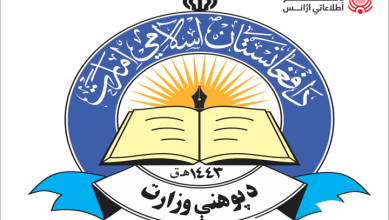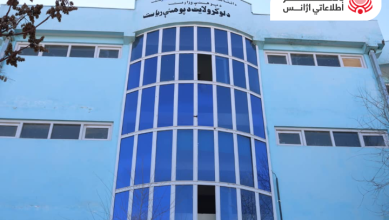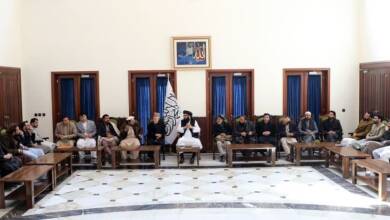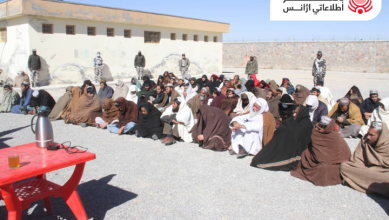
Wednesday, August 27, 2014
Kabul (BNA) The United States Agency for International Development (USAID) had set aside a cash of up to $92 million for Afghanistan in a bid to promote the country’s higher education capacities, the agency said.
Under an agreement signed between the countries’ ministry of higher education and the USAID representative here in Kabul $92 million have been contributed to be spent in promotion of higher education sector, part of what the representative said the US long-term commitment to beef up education in the war-torn nation.
The US had lodged the program at its top priorities to boost higher education in Afghanistan, where the organization had contributed some $1.1 billion since 2002.
The main target of the USAID is to internationally beef up Afghanistan’s higher education including programs for both students and the lecturers through the universities support program, the official added.
The project is expected to be conducted in ministry of higher education for more helpfulness and well management, according to the USAID representative who emphasized on expanding the higher education sector’s enforcement for what he said a better education system could help beef up economy and stability of the country.
In the meantime, authorities in the ministry of higher education expressed glad over the agreement under which, they could develop new teaching method in all over the country’s universities.
Mohammad Akhtar Abir, Deputy Publication Minister for the higher education ministry told that the agreement signed between the ministry of higher education and the USAID would help a capacity development project for the country’s ten universities.
He said the project would cover Kabul University, Kabul Medical University, Polytechnic, Prof. Rabbani University and other universities in Herat, Nangarhar, Khost, Kundoz, Balkh and Kandahar provinces.
The project would help develop the universities in various areas including programs for the lecturers and students, providing scholarship, human resources and capacity building for their personnel, Abir added.
Implementation of the project comes after the students’ complaints rose on what they said an old teaching method across the country’s universities, where they are asking for replacement with those modern and internationally accepted methods.




